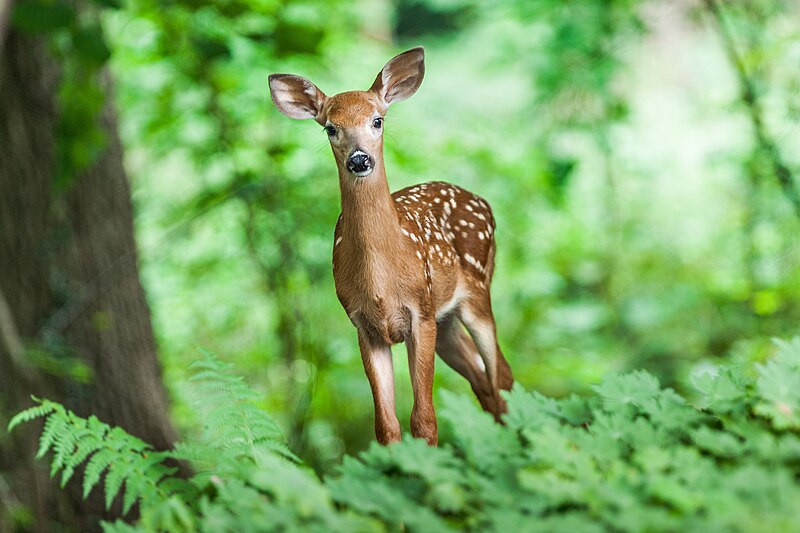
Global populations of fish, birds, mammals, amphibians, and reptiles have plummeted by an average of 73% since 1970, according to the latest report from the World Wildlife Fund (WWF).
The Living Planet Report 2024, WWF's biennial assessment of global biodiversity and ecosystem health, paints a stark picture of nature's rapid decline. Between 1970 and 2020, wild populations across the planet have faced dramatic reductions, with some regions and ecosystems suffering disproportionately.
The findings are based on an analysis of nearly 35,000 population trends covering 5,495 species. Latin America and the Caribbean experienced the most severe losses, with wildlife populations declining by a staggering 95%. Freshwater species have been hit hardest, with an 85% average decline.
Urgent action needed
"This level of decline is shocking and underscores the urgent need for decisive action from global leaders," said Ravic Nijbroek, science team leader at WWF Netherlands, in a press statement.
Nijbroek warned of looming irreversible changes. "The Living Planet Report makes it clear that we are nearing critical tipping points. If these thresholds are crossed, the impacts on our food systems, energy supply, and overall stability will be devastating and irreversible," he said.
A call for transformation
Despite the grim outlook, WWF emphasizes that it is not too late to reverse the trend. Achieving this, however, requires transformative action. Conservation and restoration efforts must be significantly scaled up, and the underlying drivers of environmental destruction—particularly within food, energy, and financial systems—must be addressed through systemic reforms.
The report underscores that the time to act is now. Bold, coordinated global efforts could still preserve the world's biodiversity and the essential ecosystems on which humanity depends. Photo by JaguarXtreme2019, Wikimedia commons.








































